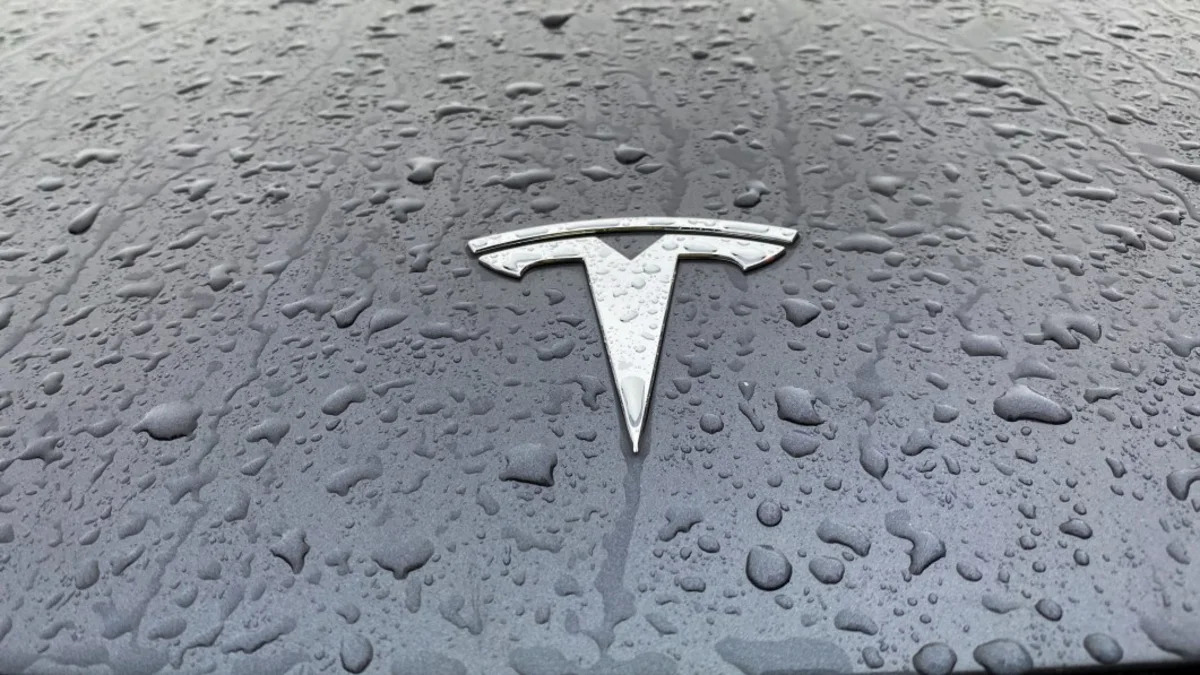Elon Musk is prioritizing sales over profits in hopes that Tesla's elusive full self-driving software would eventually burnish margins, a plan that could deepen an already fierce price war in the electric-vehicle industry.
Shares of the automaker fell 3% before the bell on Thursday after Musk signaled there might not be any let-up in price cuts that have already sent gross margins to a four-year low.
Getting more cars on the road would help Tesla maintain its dominant U.S. market share in "turbulent times" and give it access to precious usage data needed to train the artificial intelligence models behind its self-driving technology.
"The short-term variances in gross margin and profitability really are minor relative to the long-term picture. Autonomy will make all of these numbers look silly," Musk said.
The billionaire believes full self-driving (FSD) could one day account for most of Tesla's value and give it a cushion rivals lack as they try to turn their EV operations profitable.
But that focus risks sacrificing current profitability for technology that has for years missed Musk's targets to achieve full self-driving capability and is in the crosshairs of regulators after a number of crashes involving Tesla vehicles.
"That margin outlook may be a disappointment for some, present company included, that were looking for margins to slowly improve this year," said Gene Munster, managing partner at Deepwater Asset Management — a Tesla investor.
In the second quarter, the company's automotive gross margin, excluding regulatory credits, fell to 18.1% from 19% in the first, according to Reuters' calculation. It also marked a sharp decline from the 26% reported a year ago.
Miles ahead
Analysts said the margin weakness would likely weigh on the stock, which has more than doubled this year thanks to the growing adoption of the company's charging system.
Yet, most were positive about Tesla, with more than seven analysts upgrading the stock on optimism about FSD after the company said it was in talks with a major automaker to license the technology.
"One of Tesla's biggest assets is its substantial advantage in accumulated miles generated via its current FSD fleet that it can use to be the first to market with a truly autonomous vehicle driving system," said John Tomlinson, Global Director of Research at research firm M Science.
Tesla saw a spike in the usage of FSD Beta in the second quarter, with cumulative miles driven with the technology coming in at more than 300 million miles.
"They're not an AI play the way Microsoft or Nvidia is an AI play," said Thomas Martin, senior portfolio manager at Tesla shareholder Globalt Investments.
"They're more of an AI play the way a regular business is an AI play, except that this race to full self-driving has always been an AI issue, and it's always been based on data. And I would like to see the capex spent that way."
Tesla plans to spend over $1 billion through next year on Dojo, its supercomputer to train AI models for autonomous cars, which it said will be put into production this month.
Still, many other challenges remain for the technology.
Wells Fargo analysts said FSD's adoption could be impeded by its price, which Musk said was low. At $15,000 per car, the technology is about half the cost of the cheapest Tesla vehicle after a $7,500 federal tax credit.
Musk, who on Wednesday called himself "the boy who cried FSD," said "it is one of the hottest problems ever."
"You see a lot of AI companies doing LLMs (large-language models) and whatnot. And I'd say, if they're so great, why can't they make a self-driving car? Because it's harder."
Related video:


Sign in to post
Please sign in to leave a comment.
Continue